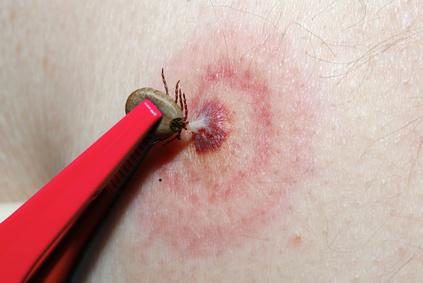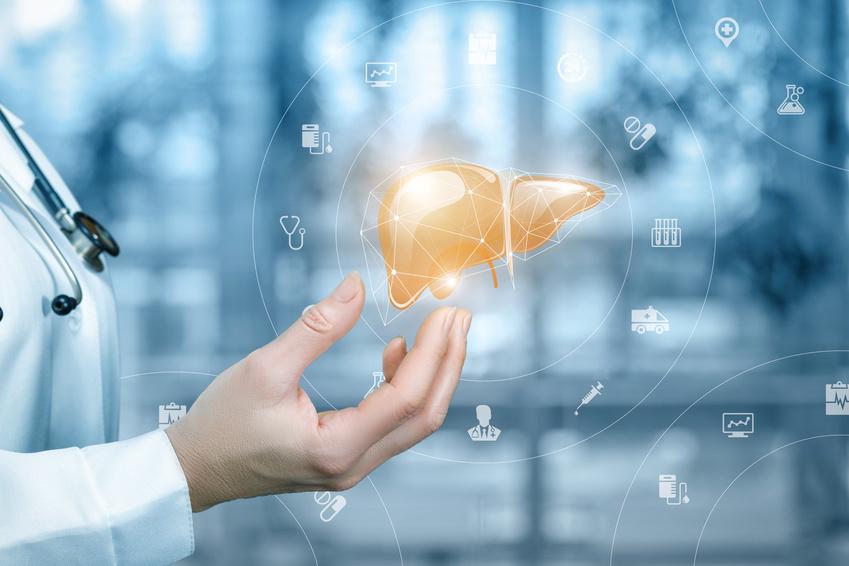Infectious disease doctor
ELASTOGRAPHIC TESTING!
You can check the condition of your liver and assess possible damage to this organ based on the latest, non-invasive dynamic elstography examination with the FibroScan device.
FibroScan is the first device with clinically proven credibility. Provides accurate and reproducible data for assessing liver stiffness (fibrosis and steatosis).
The result of this examination is equivalent to the result of a liver biopsy, which is an invasive method with the possibility of serious complications.
What diseases does an infectious disease doctor treat?
An infectious disease doctor diagnoses and treats:
- bacterial infections, with particular emphasis on diseases caused by mycobacterium tuberculosis (mycobacteriosis), spirochetes and rickettsiosis,
- viral infections, with particular emphasis on diseases caused by viruses that attack the liver,
- HIV infections and AIDS,
- neuroinfection,
- deep and systemic mycoses,
- parasitic diseases,
- clinical syndromes of various and mixed etiology,
- Lyme disease
With what ailments should you contact an infectious disease doctor?
Symptoms of infectious diseases depend primarily on the location of the infection. Therefore, patients may come to an infectious disease doctor with the following symptoms:
- meningitis,
- respiratory infections,
- urinary tract infections,
- venereal diseases,
- skin diseases,
- digestive system infections,
- hepatitis,
- myocarditis or endocarditis,
- lowering immunity.
The most common symptoms of infection and active infection of the body are persistent fever, night sweats, jaundice, diarrhoea, cough, dizziness, weakness up to fainting, including loss of consciousness, chest pain, various types of skin eruptions, including in the urinary area -gender.

Hepatologist - what diseases will a hepatologist diagnose?
The hepatologist has extensive knowledge of the structure and functioning of the liver, gallbladder and bile ducts, thanks to which he diagnoses and, if necessary, implements treatment tailored to the needs. This is to prevent the complications of many diseases that, if detected early enough, are completely curable.
The list of diseases that a hepatologist deals with is quite long .
Includes, among others:
- hepatitis B virus
- hepatitis C virus
- acute hepatitis (including drug-induced, toxic)
- cirrhosis of the liver and related complications
- alcoholic liver disease
- autoimmune hepatitis
- cholestatic diseases (e.g. extrahepatic cholestasis: cholangitis obliterans, biliary obstruction)
- metabolic diseases (including Wilson's disease, hemochromatosis)
- nonalcoholic fatty liver
- post-cholectectomy syndrome, i.e. after removal of the gallbladder
- angiomas, cysts, i.e. benign changes in the liver
- cancers of the liver and bile ducts (including, among others, cholangiocarcinoma, hepatocellular carcinoma, hepatoblastoma)
- diseases related to the liver and bile ducts, occurring during pregnancy
- acute and chronic liver diseases occurring in children (e.g. cholestasis of infancy or childhood)
- hepatic vein thrombosis (Budd-Chiari syndrome)
- bile duct stones
- dyskinesia of the gallbladder and biliary tract
- hepatic encephalopathy (a neurological disorder that occurs as a result of liver dysfunction)
Hepatology - treatment methods that are used in hepatology
Treatment methods in the field of hepatology depend on the disease with which the doctor is dealing. Some of them are simple in course and appropriately selected pharmacology is sufficient, others should be observed and repeated after a certain period of time (e.g. mild changes in the liver, e.g. cysts).

contact
Address
-
- ORSMED
Przemysław Gliszczyński, Agnieszka Gemba spółka jawna
ul.Przemysłowa 3,
89-600 Chojnice
- ORSMED
Opening hours
-
- Mon - Fri: 9:00 AM - 6:00 PM
- Sat: 9:00 AM - 1:00 PM